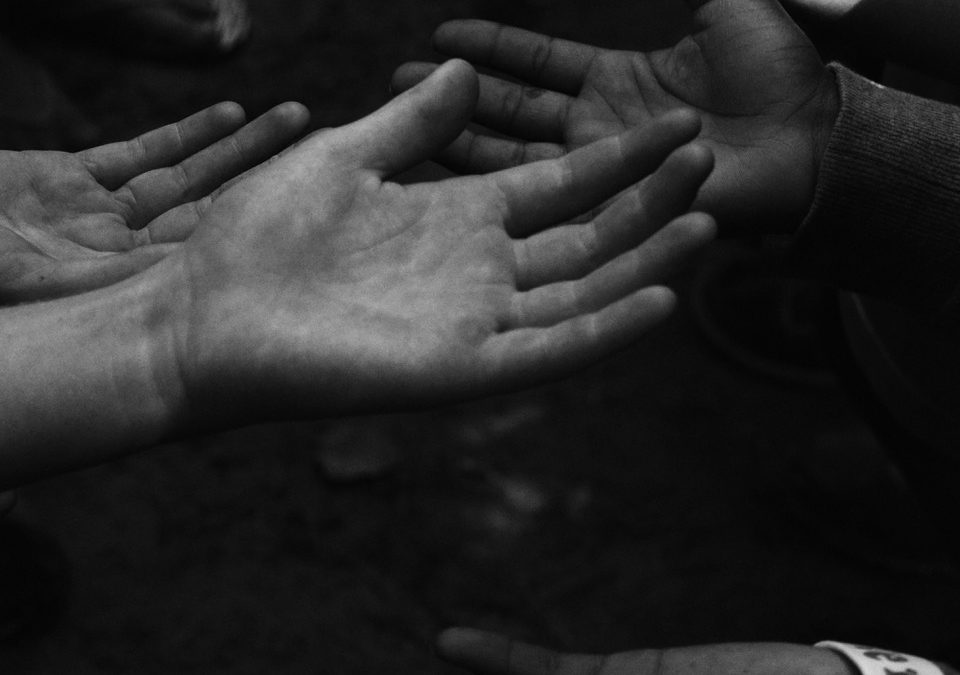Awe came upon everyone, because many wonders and signs were being done by the apostles. All who believed were together and had all things in common; they would sell their possessions and goods and distribute the proceeds to all, as any had need. (Acts 2:43-45, NRSV)
Brayden Harrington received national attention a couple weeks ago when the 13-year-old was a featured speaker at the Democratic National Convention. One of the main reasons for the attention was that Brayden stutters and he talked about what it meant for him that Joe Biden is also a stutterer.
Not long after watching Brayden, I was listening to a segment on the This American Life podcast about another stutterer who performed at an open mic poetry reading in New York this past New Year’s Day. The performer’s name was Jerome Ellis and I was struck by what he said about his stutter: “Sometimes I refer to it as ‘my stutter,’ but sometimes I refer to it as ‘the stutter.’ Because to me, stuttering is not bound to my body, that it is a phenomenon that occurs between me and whoever I’m speaking to. I like to think of it like it’s something that we share.” I didn’t sense that he was disowning his stutter, but in a way was offering the listener to participate in the stuttering experience. It wasn’t Jerome’s stutter only. It was the stutter.
Too often in our society, things are personalized to the point where an individual is expected to have sole responsibility for anything they have or experience. But what if that “anything” was instead viewed as an opportunity for community and shared experience? Churches like to point to Acts 2:43-47 as the ideal of what a community can be. What if we really took that to heart and believed that we have all things in common? And not just material goods, but anything a person is going through? A person’s grief becomes shared grief. Their COVID diagnosis becomes shared diagnosis. The injustice they experience becomes shared injustice. Not that we co-opt these things, but instead we do what we can to make sure the person is not alone in what they are experiencing
Being socially distant doesn’t mean that we can’t still be in community. When listening to recordings of Brayden and Jerome, there are pauses in between some of their words. Those spaces–both literal and metaphorical–can be reminders that we can humbly enter into another’s experience and, as the first disciples did, believe together and share all things in common.
Photo by McKenna Phillips on Unsplash

